An announcement from the IFFP shadow jury…
In 2014, for the third year in a row, Chairman Stu gathered together a group of brave bloggers to tackle the task of shadowing the Independent Foreign Fiction Prize. It’s not a task for the faint of heart – in addition to having to second-guess the strange decisions of the ‘real’ panel, the foolhardy volunteers undertook a voyage around the literary world, all in a matter of months…
On our journey around the globe, we started off by eavesdropping on some private conversations in Madrid, before narrowly avoiding trouble with the locals in Naples. A quick flight northwards, and we were in Iceland, traipsing over the snowy mountains and driving around the iconic ring road – with a child in tow. Then it was time to head south to Sweden and Norway, where we had a few drinks (and a lot of soul searching) with a man who tended to talk about himself a lot.
Next, it was off to Germany, where we almost had mussels for dinner, before spending some time with an unusual family on the other side of the wall. After another brief bite to eat in Poland, we headed eastwards to reminisce with some old friends in Russia – unfortunately, the weather wasn’t getting any better.
We finally left the snow and ice behind, only to be welcomed in Baghdad by guns and bombs. Nevertheless, we stayed there long enough to learn a little about the customs involved in washing the dead, and by the time we got to Jerusalem, we were starting to have a bit of an identity crisis…
Still, we pressed on, taking a watery route through China to avoid the keen eye of the family planning officials, finally making it across the sea to Japan. Having arrived in Tokyo just in time to witness a series of bizarre ‘accidents’, we rounded off the trip by going for a drink (or twelve) at a local bar with a strangely well-matched couple – and then it was time to come home
Of course, there was a method to all this madness, as our journey helped us to eliminate all the pretenders and identify this year’s cream of the crop. And the end result? This year’s winner of the Shadow Independent Foreign Fiction Prize is:
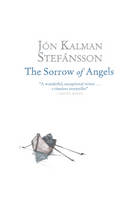 The Sorrow of Angels by Jón Kalman Stefánsson
The Sorrow of Angels by Jón Kalman Stefánsson
(translated by Philip Roughton, published by MacLehose Press)
This was a very popular (and almost unanimous) winner, a novel which stood out amongst a great collection of books. We all loved the beautiful, poetic prose, and the developing relationship between the two main characters – the taciturn giant, Jens, and the curious, talkative boy – was excellently written. Well done to all involved with the book – writer, translator, publisher and everyone else
Some final thoughts to leave you with…
– Our six judges read a total of 83 books (an average of almost fourteen per person), and ten of the books were read and reviewed by all six of us.
– This was our third year of shadowing the prize and the third time in a row that we’ve chosen a different winner to the ‘experts’.
– After the 2012 Shadow Winner (Sjón’s From the Mouth of the Whale), that makes it two wins out of three for Iceland – Til hamingju!
– There is something new about this year’s verdict – it’s the first time we’ve chosen a winner which didn’t even make the ‘real’ shortlist…
Stu, Tony, Jacqui, David, Bellezza and Tony would like to thank everyone out there for all their interest and support over the past few months – rest assured we’re keen to do it all over again next year
You can read Jacqui’s guest review of The Sorrow of Angels here, and find the main index of my 2014 IFFP posts here.

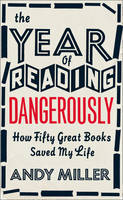
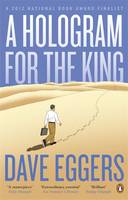
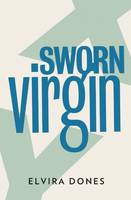
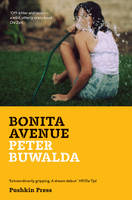


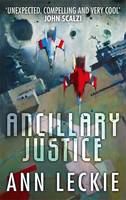
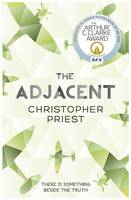
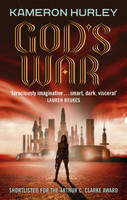
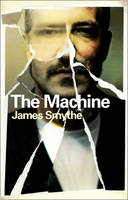
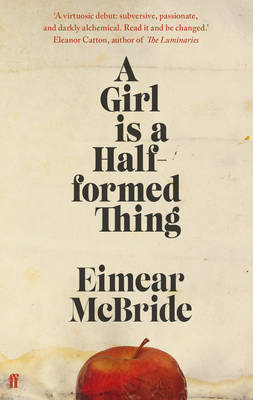
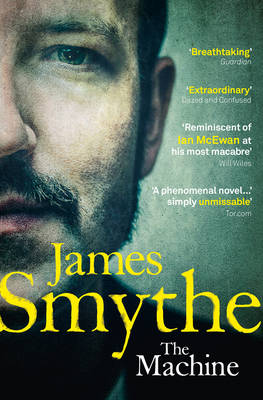
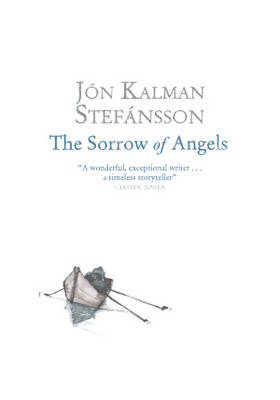

Recent Comments